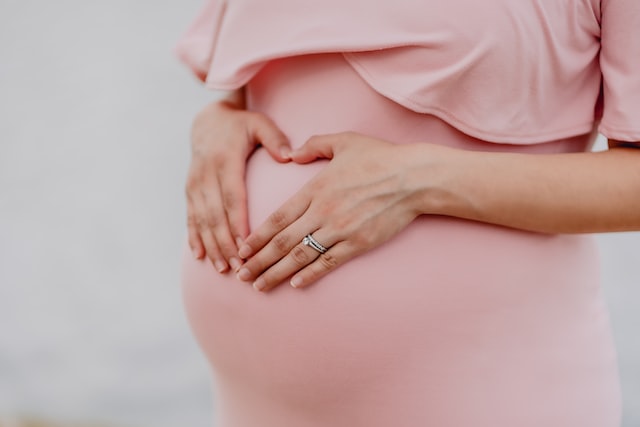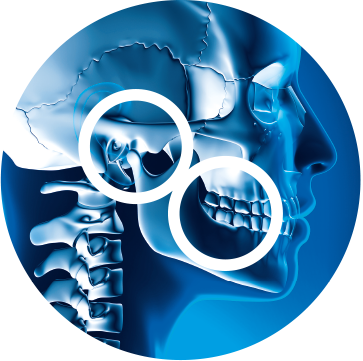What can be done to maintain oral health during and after pregnancy? This is a question on the minds of many young mothers. The following article offers recommendations on how to avoid tooth decay in both the mom-to-be and the toddler.
Before, during & after pregnancy

Many changes in a pregnant woman’s body increase the risk of caries or periodontal disease. At Mio-Dent, we recommend taking care of oral health even before pregnancy. Appearing for regular check-ups every 6 months, along with systematic hygiene, ensure a better prognosis and the ability to focus on prevention during pregnancy. During these 9 months, modifications occur in the endocrine system, immune system, eating habits change, and there are also changes in the functioning of the gastrointestinal tract. All these factors result in a weakening of defence mechanisms and an increased susceptibility to bacterial agents.
During pregnancy, follow-up visits are recommended once per trimester. If patients do not need dental treatment, they can visit the office twice (at 3.-4th and 8th month) and 6 months after the baby’s birth. Preventive measures at the office include fluoride prophylaxis and professional removal of dental deposits. If, during the visit, it turns out that the implementation of dental treatment with anaesthesia is necessary, the most favourable time is between the 13th and 21st (2nd trimester). Week of pregnancy. In the first trimester, limiting the scope of action is better. However, it should be borne in mind that the omission of treatment until the moment of termination is a greater threat to the mother and child than dental treatment in any trimester of pregnancy.
Give it your best
Unfortunately, dental visits alone are not enough to maintain oral health. Recommendations for pregnant women include daily flossing (preferably before evening brushing), brushing twice a day with a toothpaste containing 1450 ppm F, and using alcohol-free rinses.
In conclusion, it is worth emphasizing the importance of the above-mentioned treatments, as they lead to a reduction in cariogenic bacteria before delivery. This is both to protect the dental condition of the mother-to-be, as well as to delay the colonization of the baby’s mouth with bacterial flora, which is why prevention at home and the dental office is so important.
